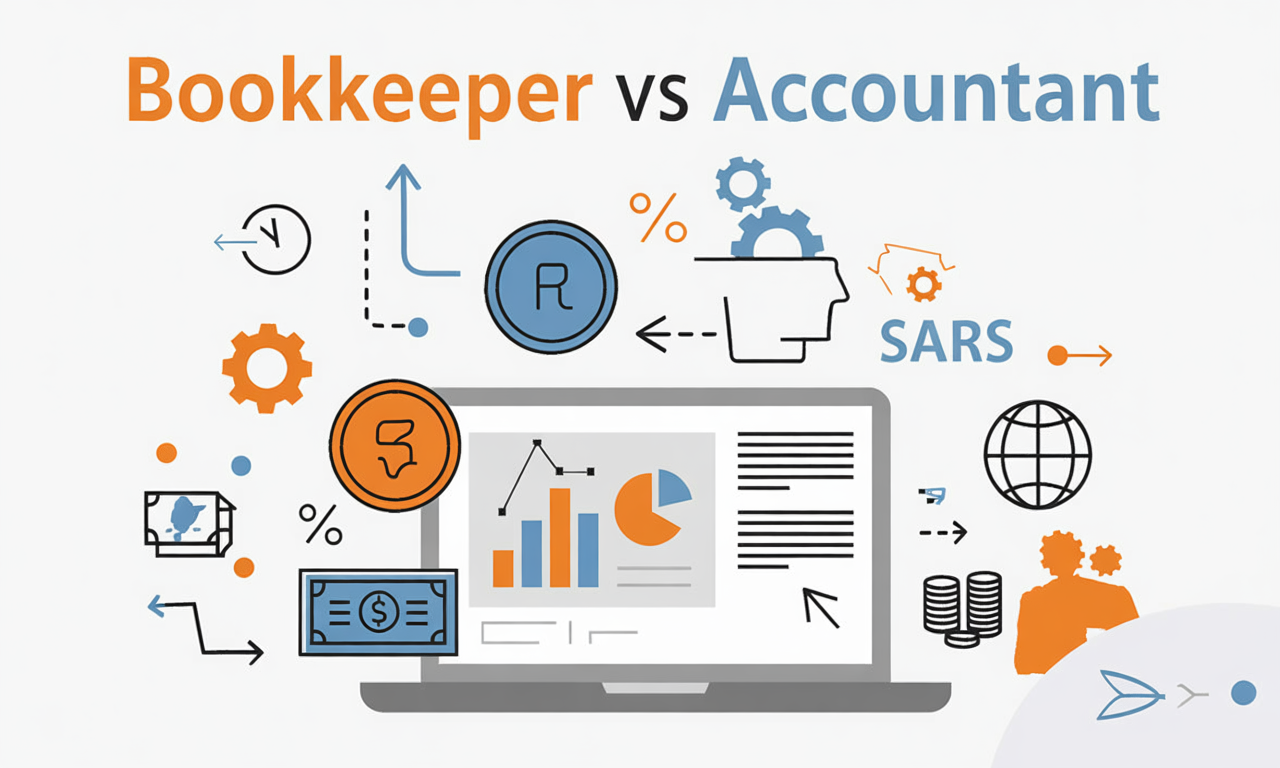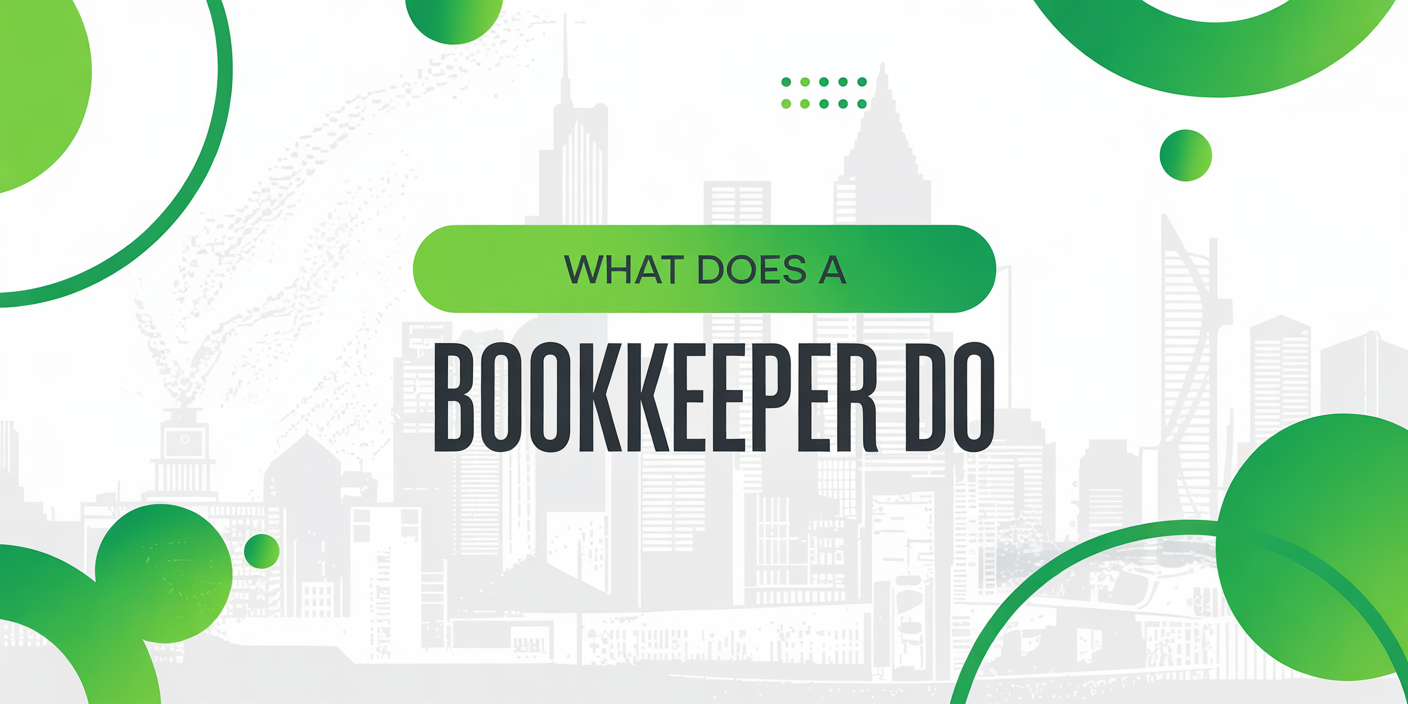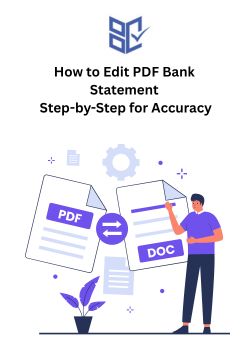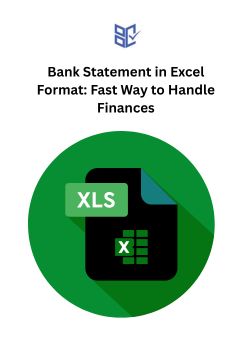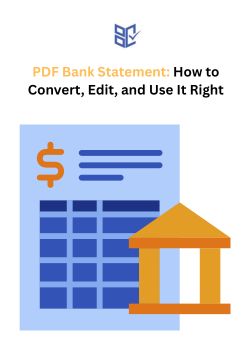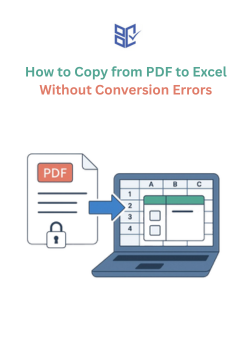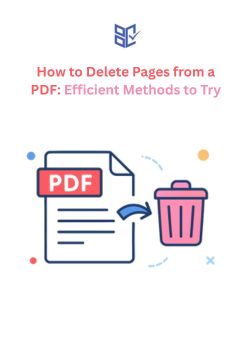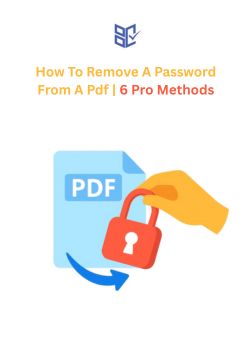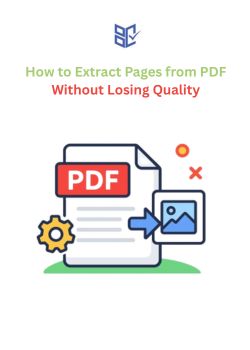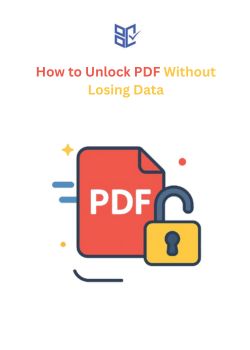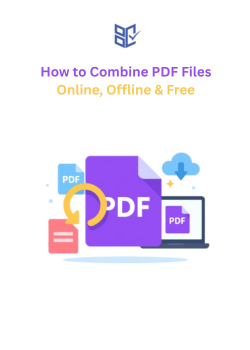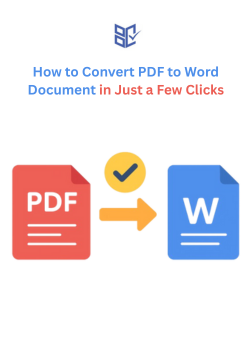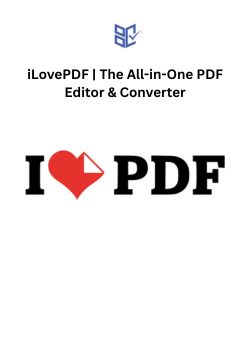Bookkeeper vs Accountant
Blog
Aug 26, 2025
Over 60% of small business owners feel unsure about their financial roles, especially when deciding between hiring a bookkeeper or an accountant (source: Intuit). Confusing these roles can lead to costly errors and compliance issues.
So, bookkeeper vs accountant—what’s the actual difference? The roles seem similar, but they serve different functions. One tracks day-to-day transactions. The other analyzes financial health and guides strategy.
In this guide, you'll learn how each role works, their qualifications, and when to hire each. Let’s clear the confusion.
What Is the Difference Between a Bookkeeper and an Accountant?
The main difference lies in daily financial tasks vs strategic financial analysis.
Bookkeeping focuses on recording transactions, reconciling bank accounts, and managing ledgers.
Accounting goes further by interpreting, analyzing, and advising based on the data.
Let’s define each:
What Is a Bookkeeper?
A bookkeeper records financial transactions—sales, purchases, payments, and receipts. They maintain accuracy and ensure documents match.
What Is an Accountant?
An accountant uses recorded data to generate reports, analyze trends, and help with budgeting, tax filing, and forecasting.
Both roles support financial health, but one is tactical and the other is strategic.
Daily Responsibilities: Bookkeeper vs Accountant
Here's a breakdown of who handles what:
Task | Bookkeeper | Accountant |
Record daily financial transactions | ✅ | ❌ |
Maintain general ledger | ✅ | ❌ |
Reconcile bank accounts | ✅ | ❌ |
Generate financial statements | ⚠️ Sometimes | ✅ |
Tax preparation | ❌ | ✅ |
Audit financial data | ❌ | ✅ |
Budget forecasting | ❌ | ✅ |
Invoicing and bill payments | ✅ | ❌ |
Payroll processing | ✅ | ⚠️ Sometimes |
Regulatory compliance | ❌ | ✅ |
Bookkeepers track and record. Accountants review and interpret.
Qualifications and Certifications
The required background also separates the two.
Bookkeeper Qualifications:
High school diploma or associate’s degree
On-the-job training or bookkeeping courses
Optional certification (e.g., Certified Bookkeeper - AIPB)
Accountant Qualifications:
Bachelor’s degree in accounting or finance
CPA (Certified Public Accountant) license (in many cases)
Advanced knowledge of tax laws and financial regulations
Some bookkeepers become accountants after formal training. But accountants require more advanced credentials from the start.
Cost: Which Role Is More Expensive?
Service pricing depends on complexity, experience, and region.
Cost Category | Bookkeeper | Accountant |
Hourly Rate | $20 - $50 | $100 - $300+ |
Monthly Retainer | $300 - $1,000 | $1,000 - $5,000+ |
Services Offered | Basic | Strategic + Legal |
Common Use | Daily tracking | Taxes, audits, advice |
Bookkeepers are more affordable for ongoing tasks. Accountants cost more but provide high-value guidance.
When Should You Hire a Bookkeeper?
Hire a bookkeeper if:
You own a small business with routine expenses and income.
You lack time to track sales, receipts, or payroll.
You want to avoid manual errors in day-to-day finances.
They help with:
Bank reconciliations
Invoicing
Payroll
Financial document organization
Ideal for solo entrepreneurs, freelancers, and growing startups.
When Should You Hire an Accountant?
Hire an accountant if:
You need help with financial strategy or tax filings.
You want advice before major business decisions.
You're preparing for a loan, audit, or investment round.
Accountants help with:
Year-end reporting
Budgeting and forecasts
Tax deductions and savings
Regulatory filings
Ideal for established businesses or high-revenue operations.
Can One Person Do Both?
Yes—but only with the right expertise.
Some professionals offer bookkeeping + accounting packages, especially in small firms or startups. But many still choose specialized experts for each role due to:
Compliance risks
Time constraints
Financial complexity
Hybrid roles work best when you hire an experienced CPA or accounting firm offering full-service support.
Bookkeeper vs CPA vs Accountant
Let’s clear the CPA confusion:
Bookkeeper: Tracks daily entries, no formal license required.
Accountant: Prepares statements and offers advice, usually has a degree.
CPA: Licensed accountant with authority to represent clients before the IRS.
A CPA has passed a national exam and meets strict licensing rules. They’re best for:
Tax representation
Audits
High-level compliance
Common Misunderstandings
Let’s address myths:
“I only need an accountant during tax season.”
False. You might overpay taxes due to bad bookkeeping.“Bookkeepers are just data-entry people.”
Wrong. Bookkeepers are your first defense against fraud and financial errors.“Accounting software replaces both.”
No. Tools help, but humans interpret and act on data.
Understanding the real value of both roles helps prevent costly mistakes.
Choosing the Right Fit for Your Business
Here’s a quick decision checklist:
Situation | Who to Hire |
You have regular transactions | Bookkeeper |
It’s tax season or audit time | Accountant or CPA |
You need budgeting or strategic advice | Accountant |
You're just launching a business | Bookkeeper (initial), then accountant later |
Your revenue is over $500k | Both (or CPA firm) |
If budget allows, combine both roles for best results.
Final Verdict
So, what’s the takeaway?
Bookkeepers manage the daily grind—entries, bills, ledgers.
Accountants handle the big picture—reports, strategy, taxes.
Both are vital. Ignoring one breaks the system.
If you’re just starting out, a bookkeeper saves you time and errors. As your business grows, bring in an accountant for higher-level needs. Or get both from the start—if your finances allow.
Hiring the right role means more than saving money. It means making smarter decisions at every stage of growth.
FAQs
Can I use accounting software instead of a bookkeeper?
You can, but software still needs manual input and review. A bookkeeper reduces errors and keeps data updated for your accountant.
Is it mandatory to hire an accountant for tax filing?
Not always. You can file your own taxes, but an accountant ensures accuracy, finds deductions, and lowers audit risks.
How often should a small business hire an accountant?
At least quarterly for reviews and annually for tax filings. Some hire monthly for reports and budgeting help.

